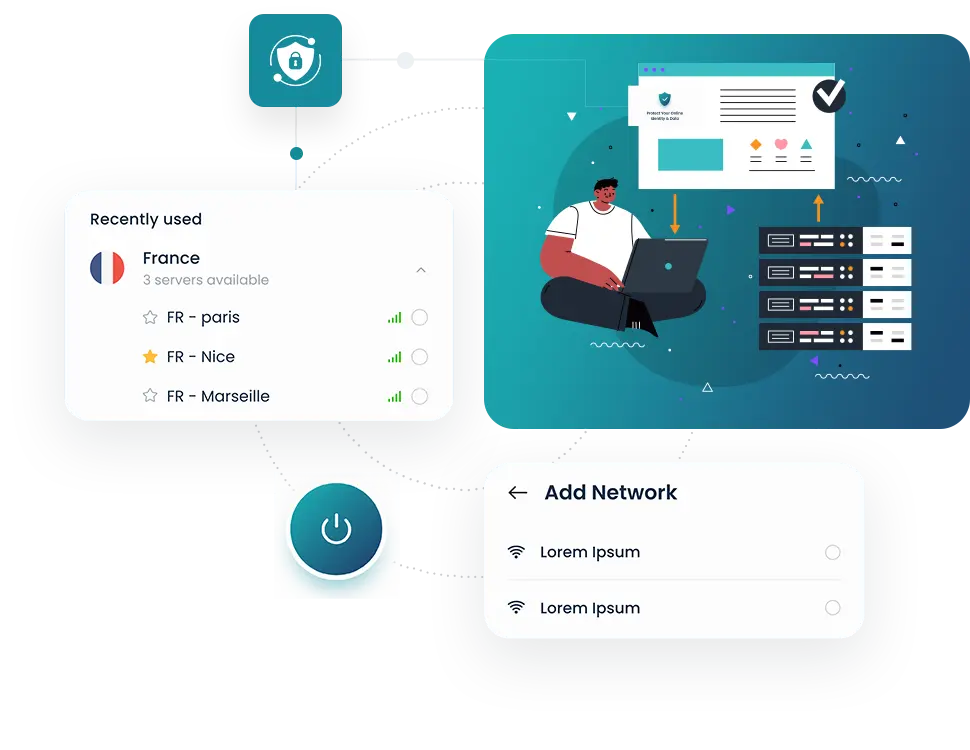Benefits of VPN
Using VPN apps enhances your online experience, providing safety and smooth connections.
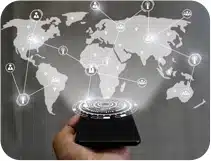
Change Your Location
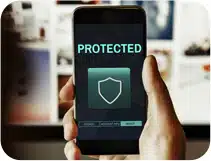
Protect Your Privacy

Increase Your Security

Unblock Websites
Why Should You Have a VPN?
Safeguard your digital footprints, whether you're at home or outside.
What does a VPN do or Hide?
A VPN hides your original IP address and encrypts your internet traffic. Apart from that, it secures your online identity and activities.
Hidden
Exposed
Hidden
Exposed
Hidden
Exposed
Encrypted
Exposed
Exposed
Exposed
Exposed
Exposed
Exposed
Exposed
Exposed
Exposed
Minimal
Very frequent
How Does a VPN Work?

Your devices

Unencrypted data transmissions that anyone can intercept and read.

The Internet

Your devices

A VPN server carefully encrypts your information.

The Internet
VPN Encryption Protocols
VPN encryption protocols are vital for securing your online data while using a virtual private network.
OpenVPN
OpenVPN
It's open-source and has a balance of security and speed.
IKEV2
IKEV2
Known for speed and stability, especially on mobile devices.
WIREGUARD
WIREGUARD
Praised for its simplicity and high-speed performance.
L2TP/IPSec
L2TP/IPSec
Combines two protocols to enhance security.
Alternatives to VPN
You can achieve online privacy, security, and access to restricted content with some notable options like-
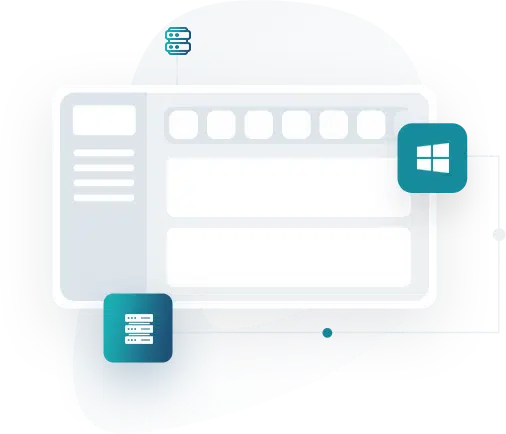
Tor
The Tor network offers high levels of privacy and anonymity by routing your internet traffic through multiple servers. While Tor is effective for anonymity, it’s generally slower than VPNs and not suited for streaming or downloading large files.
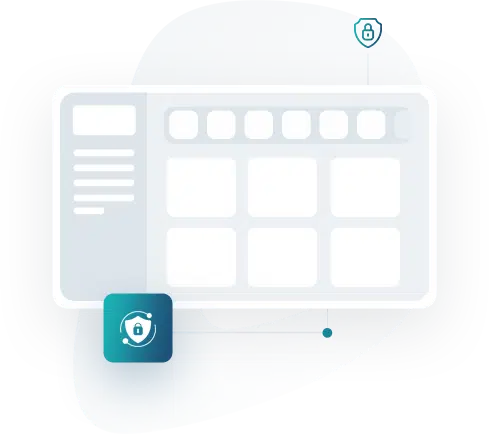
Proxy Servers
Proxies act as intermediaries between your internet and the device. They can offer the next level of anonymity to hide your IP address. However, they typically don’t encrypt your data, making them less secure than VPNs.
